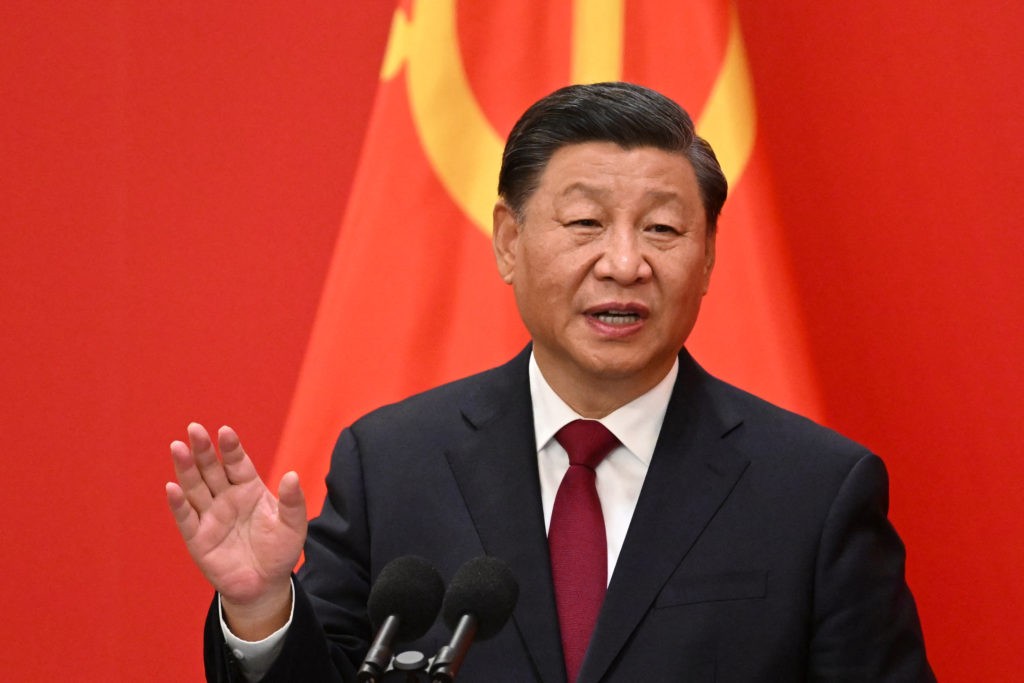Researcher Raquel Vaz Pinto considers that the Chinese constitutional principle established by former Chinese leader Deng Xiaoping, ‘one country, two systems’, “is in the past. It no longer happens” in practice.
“Following what has been the reality of Hong Kong, the idea of ‘one country, two systems’ is a thing of the past. It is no longer the case”, considers Raquel Vaz Pinto.
The concept, enshrined in Article 31 of the Chinese Constitution and originally proposed by Deng Xiaoping for the total unification of the country, was applied for the first time in 1997 and 1999, with the transfer of sovereignty to Hong Kong and Macau, respectively.
The practical application of the constitutional principle was guided by the Joint Declarations that the United Kingdom and Portugal signed with the People’s Republic of China, which provide for a certain degree of autonomy for the two Special Administrative Regions (SAR) for 50 years, with a focus on respect for the freedoms and guarantees of the citizens of Hong Kong and Macao.
With regard to respect for rights, freedoms and guarantees in the two RAEs, researcher Raquel Vaz Pinto considers that “there are very worrying signs”, more visible in Hong Kong, while in the case of Macau, “it would be good if it started to have precisely that same visibility”.
An opportunity to make the situation in Macau more visible is the official visit that the President of the Executive of Macau, Ho Iat Seng, makes to Portugal between the 18th and 22nd of this month.
“It is a diplomatically important visit. There is also here the defense of historical cultural interests, but also of rights and freedoms in Macau” because, he stresses, “this China of XI Jinping [the current Chinese leader] has had an increasingly assertive, in some cases even aggressive, emphasis on what which is greater repression in terms of human rights, whether from the perspective of civil rights or from the perspective of freedom”.
Raquel Vaz Pinto recognizes that the People’s Republic of China “is not at all, and has not been, willing to listen to comments, criticisms or any expression that may be uncomfortable”, which leads her to conclude that “this not wanting to listen is not a good conversation starter.”
On what Portugal can do to put the rights situation on the agenda. Freedoms and guarantees in Macau, as set out in the Sino-Portuguese Joint Declaration, signed on April 13, 1987, which formalized the transfer of sovereignty to Macau on December 20, 1999, the researcher argues that “there are several ways to do it” .
“Portugal can perfectly express its concern regarding what is happening and, therefore, I think that in that sense, this would be an important contribution to the discussion about what the Basic Law of Macau is today, what is the reality of this system today. [one country, two systems] in Macau version, which increasingly seems like something from the past”, he says.
“In addition to human rights violations on the ground and we are talking about the lives of specific people here, there is also a question here from the point of view of precedent, which is this question of the rule of law or the ‘rule of law’ or this idea of fulfilling the treaties and agreements that are signed”, he adds.
This is a “very important aspect despite the Chinese rhetoric in the face of a number of other treaties”.
“What Hong Kong clearly demonstrates is that, in cases that do not meet China’s national interest, there is a selective way of understanding international agreements and treaties”, she adds.
On what China intends with the visit of Ho Iat Seng, the first that the president of the Macau executive makes outside the People’s Republic of China, and if the real interest lies in the former Portuguese colonies in Africa, Raquel Vaz Pinto is of the opinion that Beijing, “in a very intelligent way, as indeed in many other areas of its foreign policy in recent decades, what it has done is a very consistent work of learning the language, learning the cultures and it has done a systematic work that had, evidently, , some relationship problems”.
“At the beginning of this wave, of this bet in terms of investment in some African countries, there were some conflicts in labor terms, relationship conflicts too, taking into account the critical raw materials, the relationship with some elites that are not, that we cannot consider democratic or at least transparent with regard to some of their public accounts. So there were criticisms here, there were relationship difficulties, ”she recalls.
“But, having said that, China has made an extraordinary investment in terms of understanding the language, of entering, being, participating, whether in the African Union itself as a whole”, she concludes.



